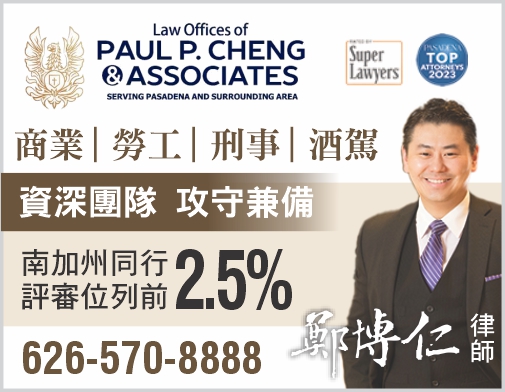
SUPREME COURT DISALLOWS CAR OWNERSHIP EXPENSE DEDUCTION ABSENT CAR PAYMENTS
The U.S. Supreme court finally laid to rest last month any controversy about whether or not a debtor is allowed to deduct car ownership expense if the car is fully paid for. The answer is NO. On January 11, 2011, the Supreme Court ruled in Ransom v. FIA Card Services NA, that an above-median income Chapter 13 debtor who owns his vehicles free and clear of liens and leases may not take an ownership expense deduction when calculating his disposable income. In an 8-1 ruling, the U.S. Supreme Court found that the “ownership cost” deduction covered only loan or lease payments. Debtors who do not have them do not qualify for the deduction. This decision is significant because above median debtors who want a chapter 7 discharge may be forced into a chapter 13 case only because their cars are fully paid. For instance, an above median debtor with $300,000 of credit card debt and who does not have any car payments, may be required to file a chapter 13 instead of a chapter 7, if the disallowed deduction results in disposable income. With a car payment of $500, debtor may have zero disposable income, thus allowing him to file a chapter 7 to discharge $300,000 of credit card debt. But if the debtor’s cars are fully paid, the disallowed car ownership deduction will result in a disposable income of $500. This means that debtor will be able to fund a 60 months plan at $500 monthly paying 10% or $30,000 of his credit card debt of $300,000.
“A person who owns a car free and clear is entitled to claim the ‘Operating Costs’ deduction for all the expenses of driving,” the Court said. “But such a person is not entitled to claim the ‘Ownership Costs’ deduction, because that allowance is for the separate costs of a car loan or lease.”
When Mr. Ransom filed for Chapter 13 relief, he owed more than $82,500 in unsecured debt. He owned a 2004 Camry, valued at $14,000 that had no liens.
The means test (Section 707(b)(2) states that an above-median income debtor’s monthly expenses “shall be the debtor’s applicable monthly expense amounts specified under the National Standards and Local Standards, and the debtor’s actual monthly expenses for the categories specified as Other Necessary Expanses issued by the Internal revenue Service for the area in which the debtor resides. For Mans Test purposes, debtor reported monthly income of 4,248 and expenses of $4,038. In determining those expenses, Mr. Ransom claimed a car ownership deduction of $471 and an operating cost deduction of $338 for the Camry. He had disposable income of $210. He proposed a plan that anticipated repayment of 25% of his unsecured debt. FIA Card Services, the holder of an unsecured claim, objected that the debtor’s monthly disposable income was actually $681 because he should not be allowed a car ownership cost deduction for the Camry because it was fully paid and had no liens.
The bankruptcy court denied confirmation of Ransom’s plan, ruling that he could deduct a vehicle ownership expense only if he was currently making loan or lease payments on the Camry. The old saying goes, “You can’t have your cake and eat it too!” The 9th Circuit Court of Appeals affirmed. So did the Supreme Court.
“Whether Ransom may claim the $471 car ownership deduction…turns on whether that expense amount is ‘applicable’ to him, “ Justice Kagan wrote in her first opinion issued for the Court. “What makes an expense amount ‘applicable’ in this sense (appropriate, relevant, suitable or fit) is most naturally understood to be its correspondence to an individual debtor’s financial circumstances. Finally, the Court said that debtor’s interpretation would run counter to the statute’s overall purpose of ensuring that debtors repay creditors to the extent they can, here, by shielding some $28,000 that he does not in fact need for loan or lease payments, and would render the term “applicable” superfluous.
If you need debt relief, contact my office. I will analyze your case personally.
Lawrence Bautista Yang is a graduate of Georgetown University Law Center and has been in law practice for thirty years. He specializes in bankruptcy, business and civil litigation and has handled more than four thousand successful bankruptcy cases in California. He speaks Mandarin and Fujien and looks forward to discussing your case with you personally. Please call (626) 284-1142 for an appointment at 1000 S Fremont Ave Bldg A-1 Suite 1125 Unit 58 Alhambra, CA 91803.
图片翻摄自网路,版权归原作者所有。如有侵权请联系我们,我们将及时处理。
 點評
點評 微信
微信 微博
微博




















